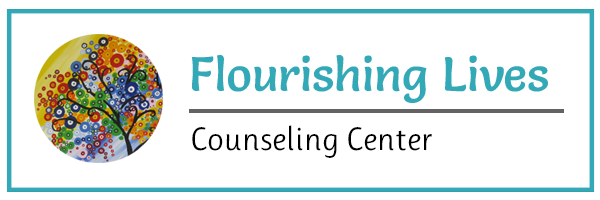Are you feeling alone, anxious, or depressed? Are you frustrated with relationships, caregiving responsibilities, or parenting? Would it feel better to communicate in healthier ways and respond with intention rather than “react-then-regret”?
Maybe you’re facing a difficult transition, whether leaving home for the first time, starting a family, or navigating midlife changes and responsibilities. Perhaps you’re grieving losses, or dealing with chronic pain.
Coping with everyday life can feel complicated even when we’re at our best; other times it can be overwhelming, confusing, and even scary. Past experiences, trauma, and generational patterns of relating to others can influence our functioning far more than we may realize.
I would love to come alongside you to listen, validate your feelings and concerns, and collaborate with you to create a life worth waking up for each day. I can give you some practical tools for connecting with your family and friends in healthy ways, and caring for yourself with new compassion and kindness.
It takes effort and courage, but with support, it is possible to create new patterns of thinking and relating to the world around you.
Let’s journey together as you take your first steps to heal from past hurts, learn how to regulate your emotions in situations that call for a clear head, and stop those negative thought patterns from taking over your mind so you can nurture the kind of life you’ve been longing for.
I use an eclectic approach to therapy using techniques such as CBT, DBT, and mindfulness-based practices to tackle issues such as negative thinking patterns, anxiety, and depression. We can discuss communication styles, problem-solving, and parenting skills. I have experience tackling intimate partner violence, grief and loss, disordered eating, and self-harm. I like incorporating creative approaches, including expressive arts and role-play.
I believe in researching the best approaches for various issues and tailoring the sessions for each person. Then you can decide what fits best in working together. We can build on your strengths and develop new skills so you can live life with more confidence and joy.
With a master’s degree in social work from Aurora University, and experience living and teaching in South America and Asia, I can provide therapy from a multicultural perspective. I have facilitated support groups for adolescents, women, couples, and parents. Most recently, I provided treatment for clients from all walks of life at a community mental health center.
I understand the unique strengths and challenges of individuals processing reentry into their passport country, feeling they don’t belong anywhere, and longing for a sense of connection and identity. If you experienced frequent transitions growing up but never acknowledged or grieved the inherent losses, you could be at higher risk for depression. I welcome anyone who would like to understand themselves better in this context and gain confidence in their unique strengths.
Are you ready to take the first step toward making positive changes in your life? Would you like to have someone to genuinely listen and care? Call today to set up your first appointment.

